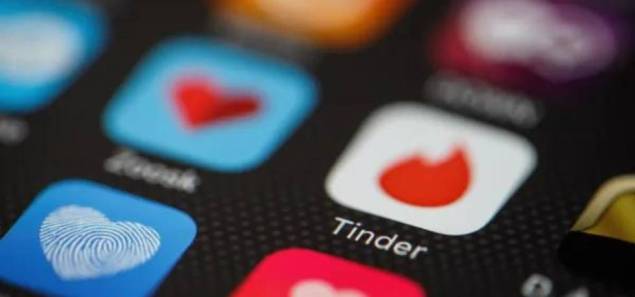A new study by Mozilla found that dating apps are not being very honest about privacy and are gathering more information than ever to get Gen Z users. In 2021, researchers looked at how private dating apps were. They said in the most recent study that dating apps are using more data and getting in the way more.
After looking at 25 apps, the group marked 22 of them as “Privacy Not Included,” which is Mozilla’s lowest grade. Mozilla only gave Lex, which is owned and run by queer people, a good review. Harmony and Happn got a passable grade.
It was said by Mozilla that 80% of apps may share or sell your personal information to advertisers. The study said that privacy policies for apps like Bumble aren’t clear, and the companies behind them may sell your information to advertisers.
There are services that help us make our marketing efforts better. “This could be seen as selling or giving our marketing partners your personal information under some privacy laws,” an in-app popup says, as Mozilla notes.
The study said that most apps, like Hinge, Tinder, OKCupid, Match, Plenty of Fish, BLK, and BlackPeopleMeet, knew exactly where their users were. It’s possible for apps like Hinge to track your location even when you’re not using them.
“We may collect your geolocation in the background, even when you’re not using the services, if the permission you gave us makes that clear.” “If you don’t want us to collect your precise geolocation, we won’t, and you might not be able to use our services that depend on precise geolocation,” Hinge’s policy says.
The Sneaky Job Of Data Brokers
Dating apps say they gather a lot of information about their users to help them find better matches. But there are very bad things that will happen if that info ends up with data brokers. The Washington Post reported last year that a Catholic group in the US bought data from Grindr to keep an eye on some of its users.
Specifically, Grindr, which got one of the worst scores in Mozilla’s study, has a history of privacy and security problems.
It’s not likely that people will keep giving out their most private information (basically everything except their mother’s given name) on dating apps if they don’t find love. One of the researchers who wrote the study and researcher Zoë MacDonald said in a statement, “Their creepy privacy practices are a dealbreaker.”
According to data.ai, the number of people downloading relationship apps is going down. Also, according to Pew Research data released last year, only 3 out of 10 people have ever used a dating site or app. This number has not changed since 2019. The New York Times wrote last month that Match Group and Bumble, two of the biggest dating apps, have lost more than $40 billion in market value since 2021.
Companies are now looking for new ways to attract possible daters, such as trying out features powered by AI. Match Group already said that it would use AI in its Q3 2024 earnings report this year. Platformer reported in March that Grindr was going to add an AI chatbot that could use sexually offensive language.
Firefoxbook said that apps already use AI to match rules. Researchers aren’t sure that dating apps will have enough privacy rights now that generative AI is here.
Misha Rykov, a privacy expert at Mozilla, said that dating apps have a responsibility to keep user data safe as they collect more of it.
“Users have to write interesting profiles, take a lot of personality and interest tests, evaluate and flirt with matches, share photos and videos—the whole experience depends a lot on how much information people share.” “Because of this, dating apps must keep this information safe from being misused,” he said.
Also Read: How to Get Pokémon and Other Game Boy Games to Work on Your Iphone
Mozilla also looked into a group of AI bots that could be dating partners earlier this year and found major problems with how secure these bots were and how they shared data.
What do you say about this story? Visit Parhlo World For more.


